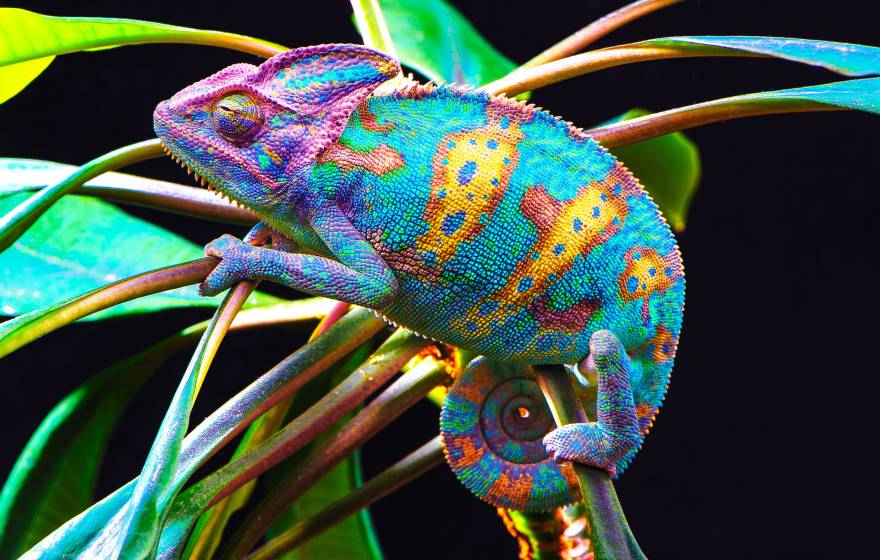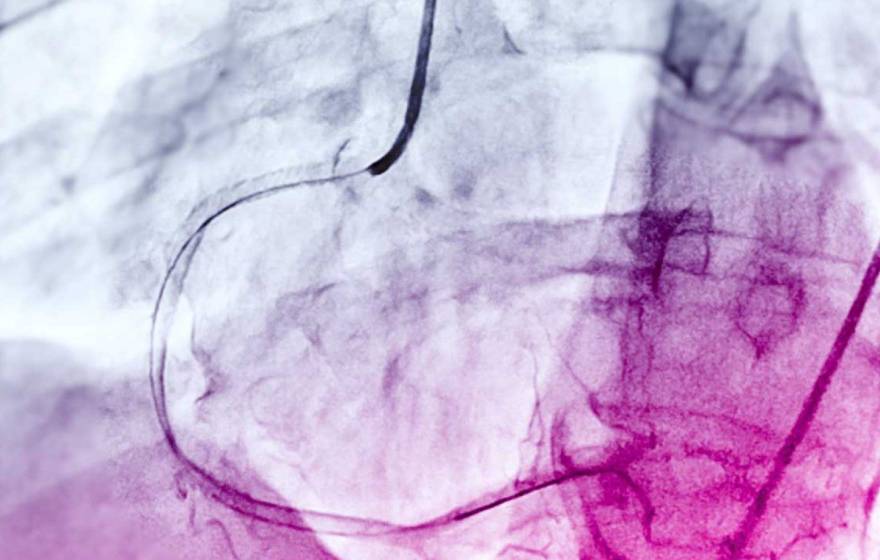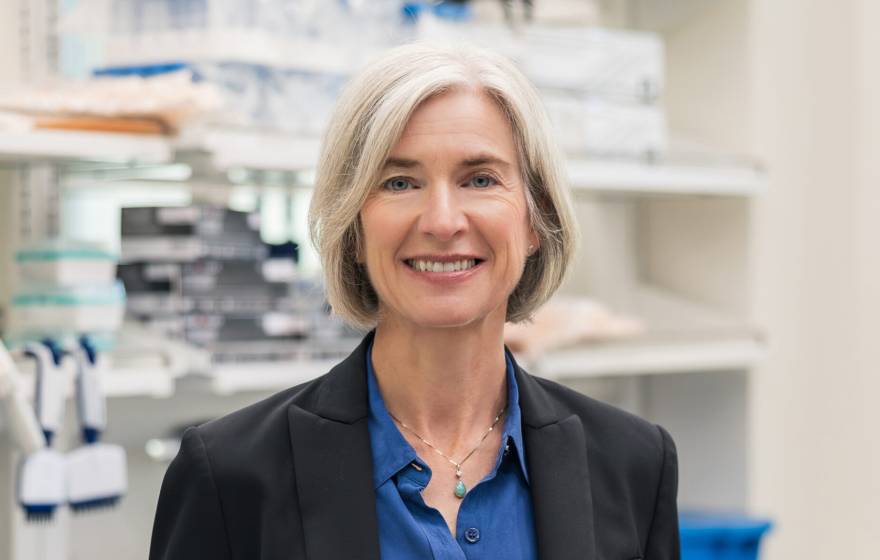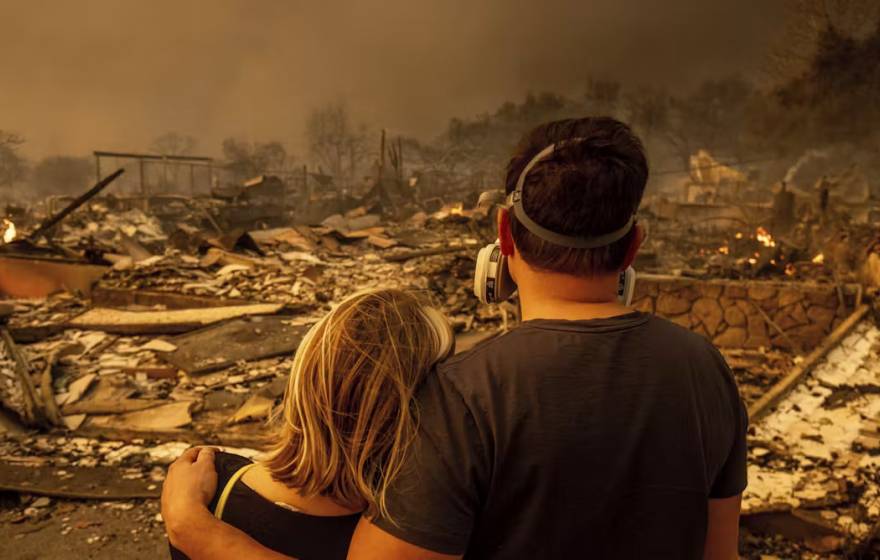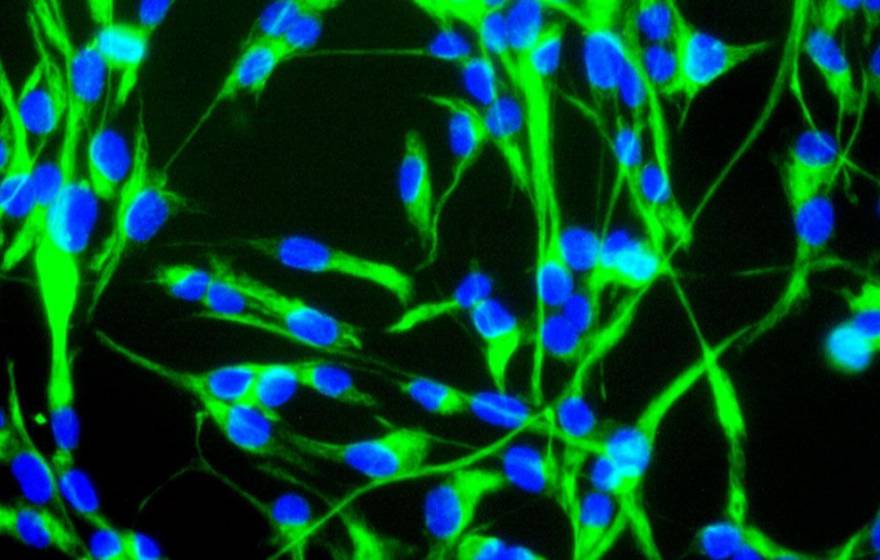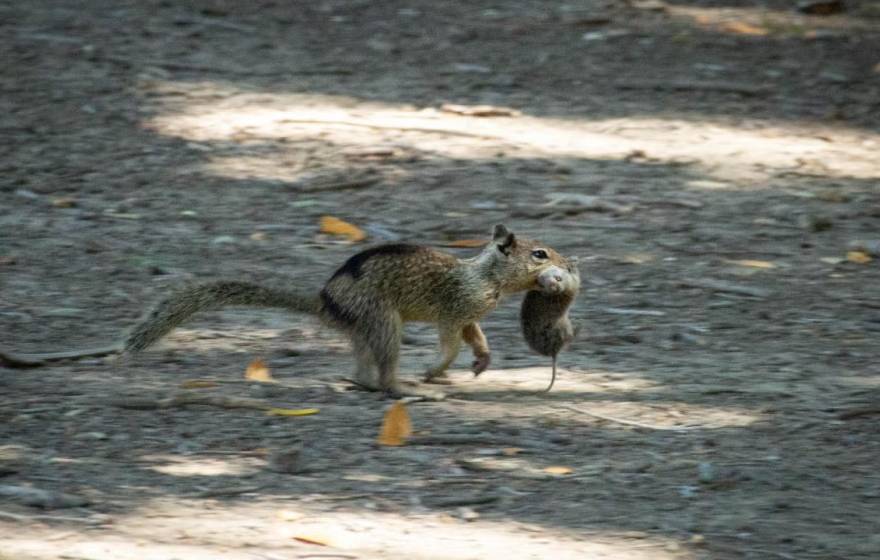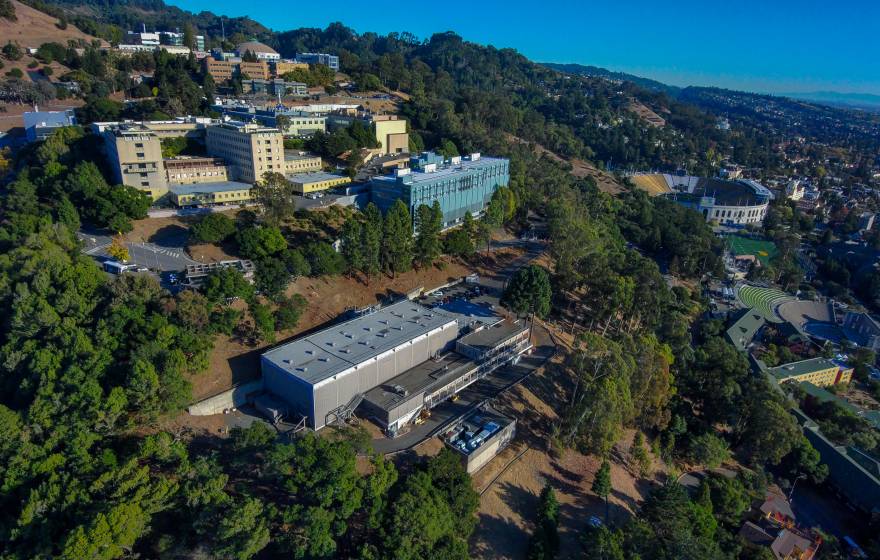UC Berkeley |
New electromagnetic material draws inspiration from the color-shifting chameleon
Applications of the new material include defense, wireless communications, energy and smart infrastructure.
UC Santa Barbara |
In a paradigm shift for autism, practitioners move beyond traditional demographics and toward adaptive environments
Embracing the neurodiversity paradigm, which views autism as a difference in brain wiring rather than a disorder to be fixed, is not only a clinical imperative but a societal one.
UC Agriculture and Natural Resources |
Floods, droughts, then fires: Hydroclimate whiplash is speeding up globally
New research from UC scientists links intensifying wet and dry swings to the atmosphere's sponge-like ability to drop and absorb water.
UC San Francisco |
4 ways artificial intelligence is poised to transform medicine
AI can compare thousands of images to uncover dangerous patterns, create ultra-high resolution scans from low-res images and see what the human eye misses.
UC Berkeley |
Jennifer Doudna receives National Medal of Technology and Innovation
Announced by President Joe Biden, the award honors the nation's technological trailblazers.
UCLA via The Conversation |
How Santa Ana winds fueled the deadly fires in Southern California
Jon Keeley, a research ecologist in California with the U.S. Geological Survey and adjunct professor at UCLA, explains what causes extreme winds like this in Southern California, and why they create such a dangerous fire risk.
UC San Diego |
Neural stem cell transplantation shows promise for treating chronic spinal cord injury
Researchers have demonstrated the long-term safety and feasibility of neural stem cell transplantation for treating chronic spinal cord injuries.
UC Davis |
UC Davis study finds never-before-seen carnivorous squirrels
California ground squirrels hunt, kill and eat voles, reveals a study by UC Davis and UW-Eau Claire, sharing the first evidence of widespread carnivorous behavior among squirrels.
UC Newsroom |
Federal agencies approve management contract extensions for Lawrence Berkeley National Laboratory and Lawrence Livermore National Laboratory
The two contract extensions further the University of California’s long and storied history of service to the nation through the management and operation of U.S. Department of Energy (DOE) national laboratories.
UC Newsroom |
UC awards $15.5M in research grants to tackle big questions in health, AI, agriculture and climate justice
Researchers will gather better data on maternal health, test new ways of filtering ‘forever’ chemicals from wastewater and work with California schools to protect students from extreme heat.
UC San Diego |
The science of shopping
UC San Diego neuroeconomist Uma Karmarkar explains what happens in the brain when we buy.
UC Davis |
Probiotics and prebiotics: hype or health?
A closer look at the proliferation of probiotics with Maria Marco, a microbiologist and professor in the department of food science and technology at UC Davis.
